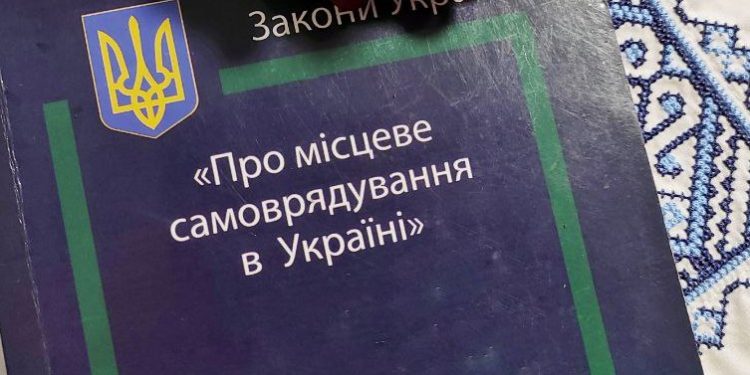The legal hotline for journalists and mass media receives questions not only of a local but also of a general nature. We publish the experts’ answers to those of them which are of interest to many media people.
– Journalists working in the regions are often refused by officials to attend sessions of local self-government bodies or other events that should be public but, in fact, are not. People do not know how issues are resolved. Moreover, it is not always possible to make session decisions. This is motivated by the regime of secrecy in the conditions of martial law. However, most of the decisions concern the vital activities of cities, and all residents want to know about them. As far as we know, the new Law On Amendments to the Law of Ukraine On Local Self-Government in Ukraine should change the situation.
A QUESTION: Please clarify what will change for media workers with the introduction of this law, what “doors” will be opened for them to provide comprehensive and impartial information to the population?
Lawyer Danil Serbin, IBC Legal Services, answers the question:
The Law of Ukraine On Amendments to the Law of Ukraine On Local Self-Government in Ukraine as for Ensuring Transparency of Local Self-Government has been sent to the President of Ukraine for signature (https://w1.c1.rada.gov.ua/pls/zweb2/webproc4_1?pf3511= 73380).

If it enters into force, the following changes are foreseen in the field of access to information and transparency of the activity of the relevant local self-government body:
- Council meetings are broadcast on the Internet in real-time. Broadcast data is considered information subject to mandatory disclosure within the meaning of the Law of Ukraine On Access to Public Information, in particular, on the website of the relevant council, subject to recording and indefinite storage of recording data on the official website of the relevant council or using another method of open access to the live broadcast of such a meeting;
- Draft agendas of the standing commissions of the council, conclusions and recommendations of the standing commission, and minutes of its meetings are open and made public and provided upon request in accordance with the Law of Ukraine On Access to Public Information;
- Acts of local self-government bodies and officials and appendices to such acts are subject to mandatory publication and provision upon request in accordance with the Law of Ukraine On Access to Public Information. Draft acts of local self-government bodies and their annexes are made public in the manner prescribed by the Law of Ukraine On Access to Public Information, except in cases of emergencies and other urgent cases provided for by law, when such draft acts are made public immediately after their preparation.
- Village, town, city, and city district councils (if created) are obliged to provide public information in the form of open data (in machine-readable format) upon request, publish and regularly update it on the unified state web portal of open data and in the Register objects of municipal property rights of the territorial community on their websites.
- The Register of Objects of Municipal Property is being launched. It is an information system that contains data on all objects of municipal property law of the territorial community in the format of open data. The official responsible for maintaining the Register ensures free access of persons to the Register through the website of the territorial community and the single state web portal of open data.
This Law enters into force on the day following its publication, except for:
Article 60-2 (regarding the initiation of the register of municipal property rights), which shall enter into force twelve months from the date of entry into force of this Law.
This law enables journalists to make unhindered written, audio, and video recordings using the necessary technical means in local self-government bodies, to freely visit the premises of local self-government bodies, open events held by them, and to be personally received by their officials and officials within a reasonable period of time.
However, in the conditions of martial law, it is especially important not to publish the data able to directly or indirectly harm the security of the state and its citizens; therefore, access to conducting a live broadcast during the meetings of the relevant council may be limited, or the draft law in this part may be rejected/amended.

 THE NATIONAL UNION OF
JOURNALISTS OF UKRAINE
THE NATIONAL UNION OF
JOURNALISTS OF UKRAINE
















Discussion about this post